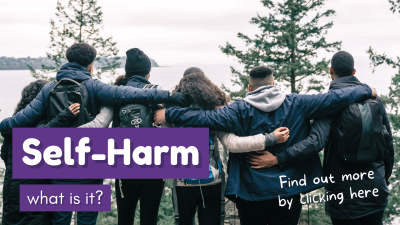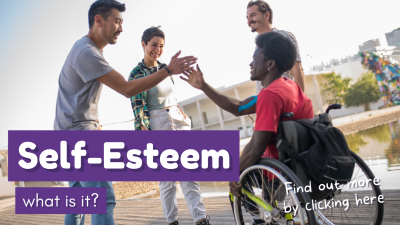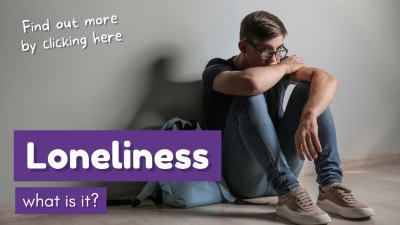Neurodiversity & Mental Health
What is Neurodiversity?
Read on to learn about what is meant by ‘Neurodiversity’ and how we can experience this.

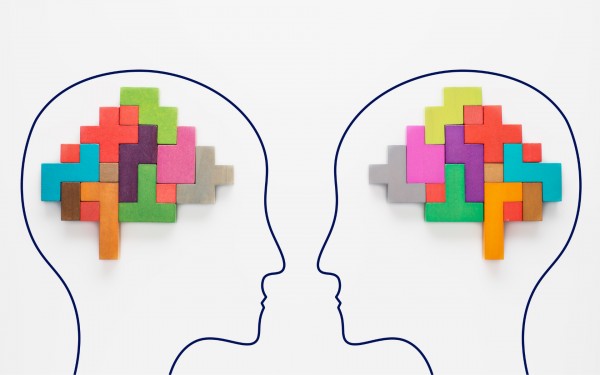
What is Neurodiversity?
We all experience life in different ways, and how we think, feel, and behave is developed by our brain. Our brains are constantly learning and growing; in fact, our brains develop before we are even born! Everyone’s brain has its own individual way of developing, and that’s what makes each human unique from one another.
‘Neurodiversity’ is a term that is used to highlight the fact that we all think about things in different ways. We all like and dislike different things (for example, some of us like Marmite, some of us don’t!) and we’re all naturally better at certain things than others (for example, some of us find reading easier than drawing, or vice versa).
The Neurodiversity Spectrum
Neurodiversity is a spectrum and there’s no right or wrong place to be on it. Within the spectrum, 1 in 7 of us have a particular ‘neurodivergent condition’, which means the way our brain works has a more significant impact on our day-to-day life.
However, even if two people have the same neurodivergent condition, they will still have their own individual experiences and will think, feel, and behave in different ways. Remember; we’re all unique!
This module can help us learn more about neurodivergent conditions, how mental health and wellbeing can be experienced in different ways, and where we can find further information and support.
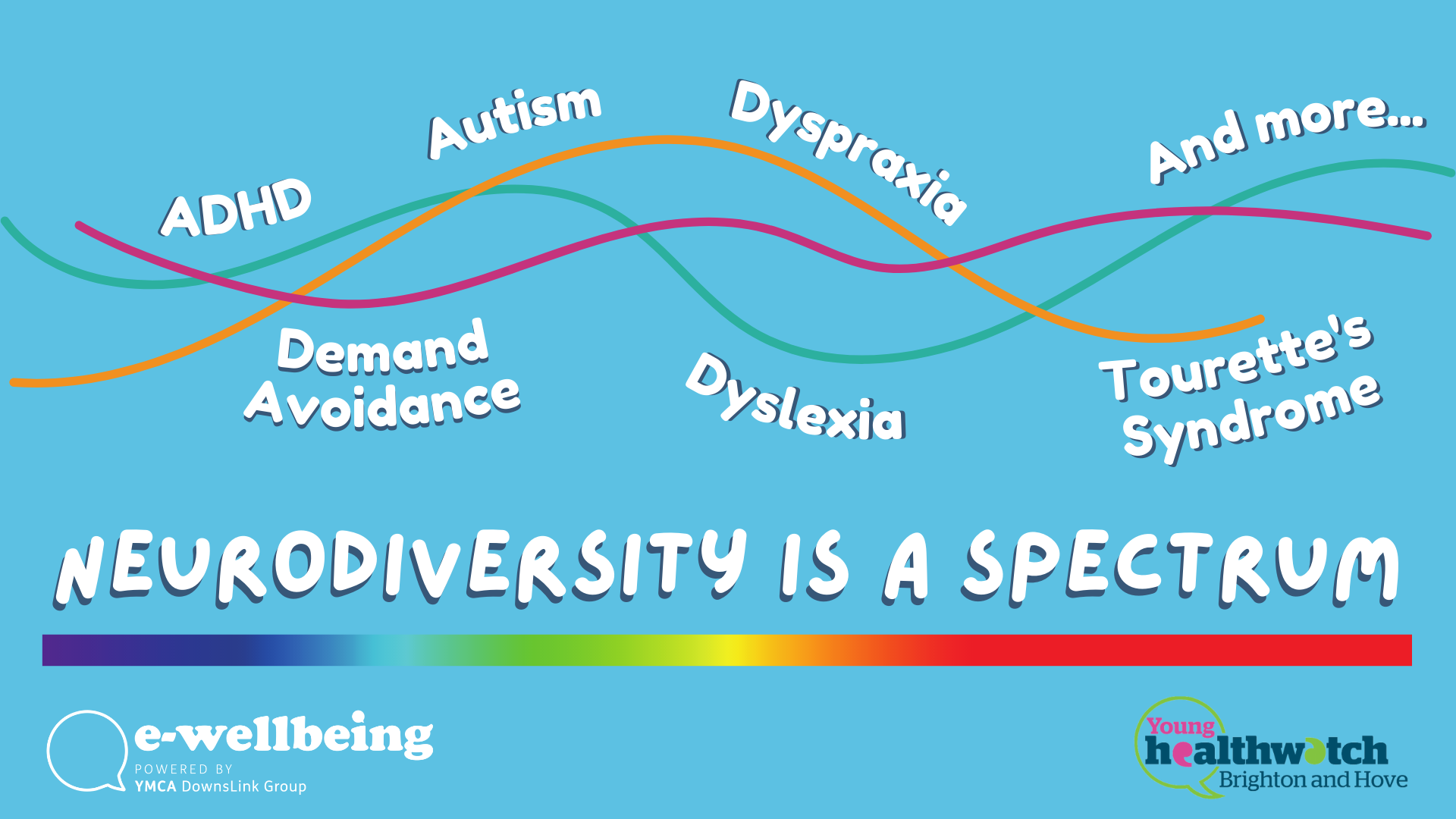

Louisha shares her experiences!
As part of the e-wellbeing Youth Podcast, we spoke to Louisha about her experience of being neurodivergent. Louisha has always known she is autistic and now, at 17 years old, she has been on a two-year journey to get an official autism diagnosis.
Watch this video to learn more about Louisha, hear about her own experiences, and the importance of developing our understanding of neurodiversity.
What's it like to be 'Neurodivergent'?
Some neurodivergent people have experienced the following:
- Finding it hard to understand jokes, or often taking things very literally
- Feeling unable to understand someone else's facial expressions or emotions
- Finding certain smells, sounds, colours, textures, or flavours very overwhelming
- Feeling the need to have a set routine and finding it difficult when this can't be followed
- Being very focused on a particular activity or topic
- Struggling with things such as reading, writing, or saying things out loud

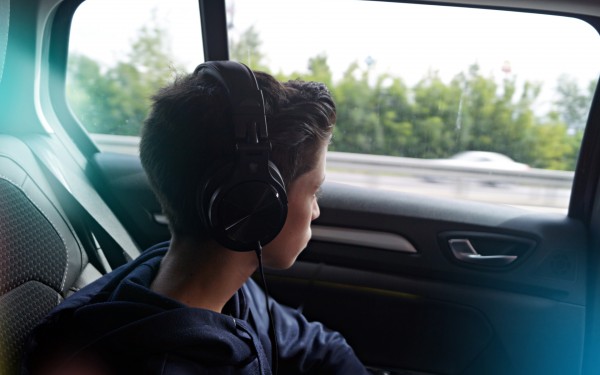
How can neurodiversity affect my mental health?
For some people, their neurodivergent condition can make day-to-day life difficult at times, and they may feel isolated as a result.
For example, people who experience ‘tics’ (these often occur in Tourette’s Syndrome and can involve shouting or hitting things involuntarily) may find it hard to socialise or may feel left out at school or work.
Many of us feel anxious, sad, or lonely if we are isolated from the people around us. If you are feeling like this, you are not alone!
If you’re struggling with your mental health, you can find support in your local area here.
You can also scroll down to find more information, tips, and advice.
How is Neurodiversity experienced?
Learn more about different types of neurodivergent conditions and hear from other young people who have shared their own experiences.


Forms of Neurodiversity
There are lots of conditions that are within the Neurodiversity spectrum, and it’s common for a person to experience more than one.
The Neurodiversity spectrum doesn’t have a ‘good’ or ‘bad' end; a person can relate to lots of different parts of the spectrum, and how they experience a neurodivergent condition can also change and develop over time. Remember: we are all different!
Scroll down to learn about some commonly known neurodivergent conditions within the spectrum and some of the ways they can be experienced. However, these are just a few examples – there are lots of different ways of being neurodivergent!
Young People with Autism, or Autism Spectrum Conditions (ASC)
- May find it difficult to socialise and communicate, so may experience extreme anxiety about this
- The anxiety can lead to 'meltdowns' or 'shutdowns' due to feeling overwhelmed by certain situations
- May also experience sensitivity to light, sound, touch, or taste (for example, very loud noises may be overwhelming)
- May have repetitive behaviours (sometimes called 'stimming') such as hand flapping or spinning an object
- May have very specific interests or hobbies
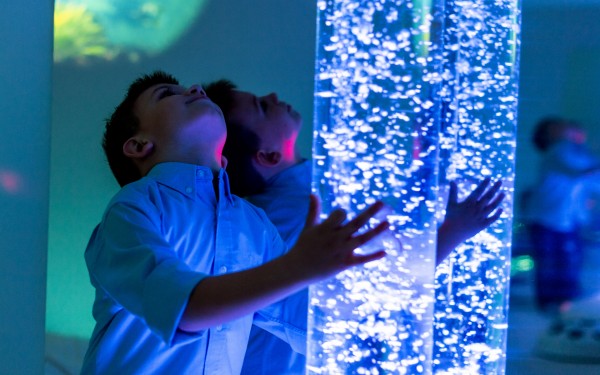

Young People with Attention Deficit Hyperactivity Disorder (ADHD)
- Can find it hard to concentrate, feel motivated, or be on time
- May struggle to focus on or complete tasks (e.g. homework) despite wanting to do this
- Can feel as if they have 'too much' energy or struggle to think before speaking
- May also experience anxiety, feeling out of control, or have trouble sleeping
Young People with Tourette's Syndrome
- Can experience 'tics', which can be involuntary movements or noises (for example, shouting or hitting)
- These tics can become painful and distressing
- Can experience feeling anxious, tired, or isolated
Young People with Dyslexia
- Can be affected by differences in their reading and writing skills, or other ways or learning
- May find it difficult to understand words and numbers – for example, they might struggle with spelling or remembering numbers
- Can experience anxiety or stress, for examples about homework or completing tasks
Young People with Dyspraxia
- May have issues with balance and be impacted by their movement (e.g. walking)
- Can find it difficult to remember information and complete everyday tasks, such as getting dressed
- Can also have difficulty with social skills and experiencing emotions

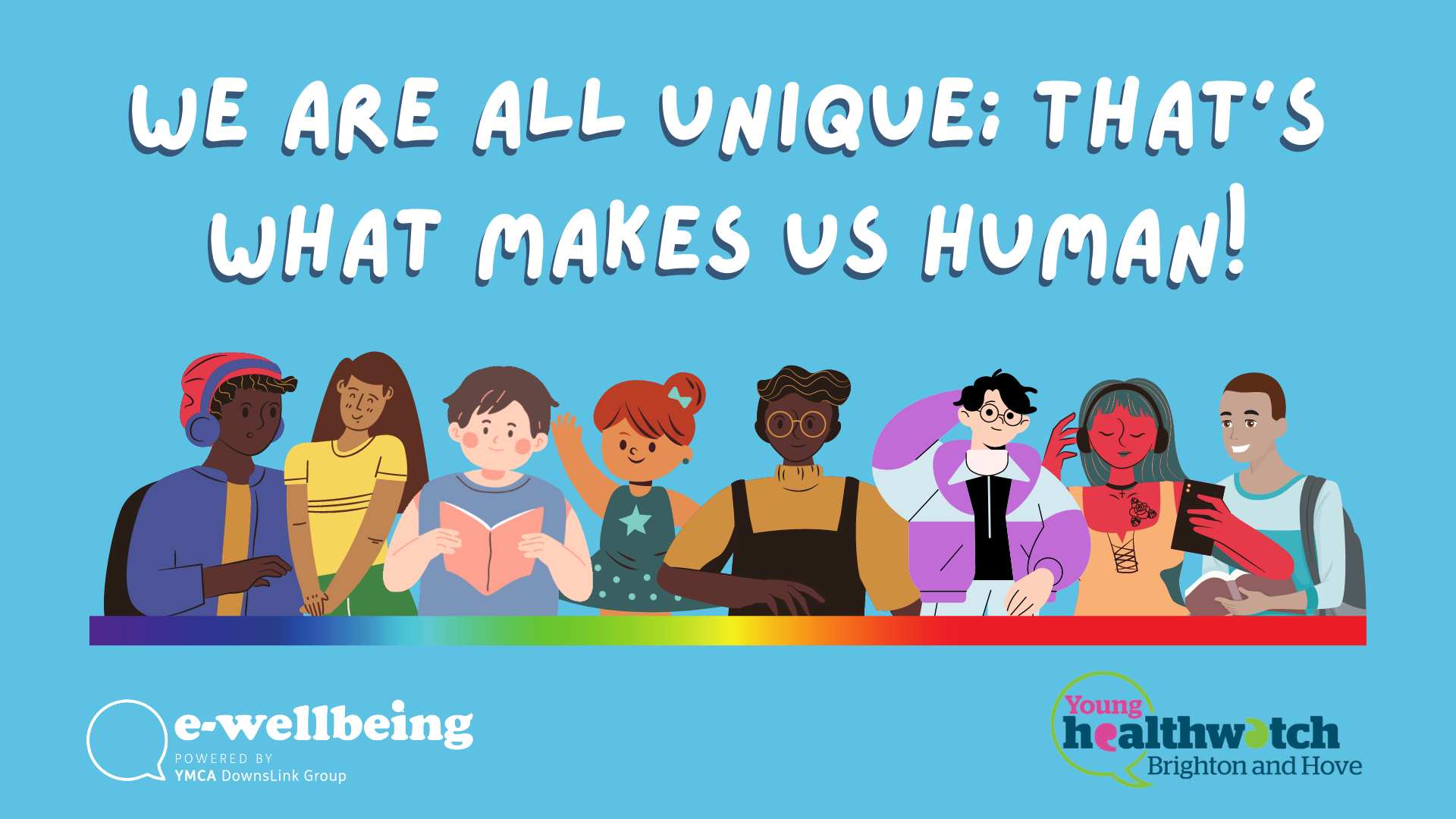
Difference is to be celebrated!
These are just a few examples of neurodivergent conditions and the characteristics that people can experience. There are many other conditions along the spectrum – for example, Demand Avoidance – that are associated with other conditions, but can be experienced very differently.
The world is learning more and more about neurodiversity, which is great! Being open to learning allows us to treat everyone with respect and kindness. However, sometimes people can make assumptions about neurodivergent conditions, which can have a negative impact on our wellbeing. Remember: difference can be celebrated, because being unique is what makes us human!
Getting a diagnosis: what can this be like?
In this video - taken from the e-wellbeing Youth Podcast episode on Neurodiversity and Mental Health: There’s no such thing as ‘Normal’ – Louisha talks about her journey with getting an official autism diagnosis.
She shares her views on the challenges that can be faced during this process, as well as how the diagnosis could benefit her in future.

Where can I find support?
Read on to learn more about where to find support, and hear from other neurodiverse young people about their experiences and what helps them look after their wellbeing.


I need some support – what can I do?
There are lots of different ways to find support, and it’s important to do what feels right for you. You may find it helpful to talk about how you’re feeling with someone you trust, such as a family member or your teacher. Another way to get support could be by joining a youth club (for example, a club that involves one of your hobbies) or a local support group.
You can also find professional support from lots of different services, such as:
- The Brain Charity – supporting anyone living with a neurological condition in the UK
- ADHD and mental health – information, advice and support from Young Minds
- Switchboard LGBTQ+ Disability and Neurodiversity Group – a fortnightly peer support group for LGBTQ+ people who are disabled and/or neurodiverse living in Brighton & Hove
Scroll down for more!
More ways to find support
- Aspens – supporting people across Sussex who are on the autism spectrum and/or with learning disabilities, including young people aged 8-25
- National Autistic Society – a charity that supports young people on the autism spectrum and their families
- PDA Society – information, advice and support for people living with ‘Pathological Demand Avoidance’ which is part of the Autism Spectrum
- Tourettes Action – support for people living with Tourette’s Syndrome
The NHS website has more information about Autism, ADHD, and Tourette’s Syndrome, including how these can be experienced and how they can be diagnosed. You can also find a wide range of services offering mental health support in your local area here.


Let’s learn more about Neurodiversity!
Click these links to find out more about some of the ways we can experience neurodiversity, and hear from other young people about what being neurodivergent means to them!
Blogs and videos by neurodiverse children and young people
Exceptional Individuals – What is Dyslexia?
What if I need help right now?
If you are struggling with your mental health and need some support, you are not alone and help is out there. Here are some ways to find the help you need:
- For urgent help (when you or someone else is at risk of serious harm) go to our Get Help Now page or call 999 in an emergency
- Find support in your local area on our Services Page
- Scroll down to the next section to find information about services offering support that is focused on neurodiversity
- For general advice and tips to help improve mental wellbeing, you can explore our other modules on our Feelings Page
How can I look after my mental health?
Read on to find self-care tips and wellbeing advice that can be helpful for a wide range of neurodivergent needs.


Self-care tips from Louisha
We all deserve to feel happy and comfortable in ourselves, and we all have different ways of looking after our mental health.
In this video, Louisha talks about her own self-care strategies, her advice for other neurodiverse young people, and the importance of being yourself!
You can listen to the full podcast episode here, and scroll down to find more tips for looking after your mental wellbeing!
Celebrate your differences
We all have different strengths and difficulties, and that’s OK! Being neurodiverse can affect us in a variety of ways, such as how we communicate and understand others, how we practise hobbies or express interests, or how we cope with day-to-day activities (e.g. reading or writing).
Learning more about your own needs can make a big difference to your mental health. For example, which subjects do you find easiest to understand at school, and which do you need more support with? Do you prefer to communicate with friends and family in person, or another way such as by text?
We are all unique, and there’s no good or bad ways for our brains to work; our differences are what makes us special, and should be celebrated!


Understand your sensory needs
Being neurodiverse can sometimes mean you are more sensitive to certain things, and this can impact your wellbeing. For example, you may find particular lights or sounds distressing, or find it difficult to be in big crowds.
Some things that can help are:
- Noise cancelling headphones
- Fidget toys or stress balls
- Having ‘quiet time’ or space to feel calmer
- Using soft lighting or lamps
You could try thinking about the times when you’ve felt overwhelmed, and what was going on at the time. It may be helpful to keep a diary, then you can learn more about your sensory needs and what is more comfortable for you.
Be kind to yourself
We all feel low, anxious, or lonely sometimes, and it’s OK to feel this way. Being kind to yourself and doing things that make you feel good can help to boost self-esteem and improve wellbeing!
Some ways you could be kind to yourself are:
- Talking to someone you trust about how you feel
- Doing something you enjoy, such as playing a game or watching your favourite film
- Spending time with people who make you smile
- Cuddling with a pet, or holding something that is comforting
- Eating your favourite food
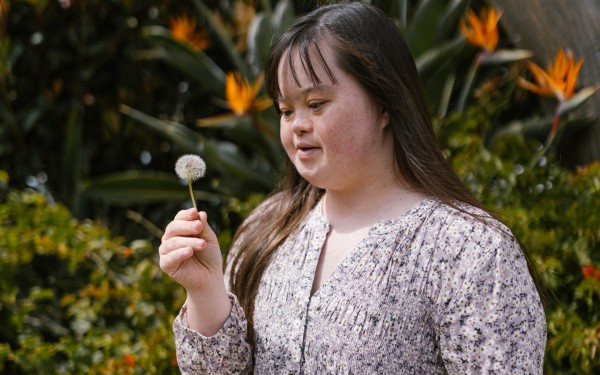

Ways to support someone else
If someone you know is neurodiverse (for example, a friend or family member) it can sometimes be difficult to know the best way to help if they’re struggling.
Here are some tips for how to support someone with a neurodivergent condition:
- Take time to listen without judgement
- Learn about their sensory needs
- Be patient – sometimes neurodivergent conditions can make it difficult to communicate
- Speak to a trusted adult (e.g. a parent or teacher) if you’re unsure about how to help the other person

Get Help
If you have a neurodivergent condition and feel it is affecting your mental health, it may be a good idea to get some help.
For information and support focused on neurodiversity, you can seek help from services such as Aspens, The Brain Charity or by going to the NHS website.
For urgent help, click Help Now, or you can find other mental health support in your local area here.
